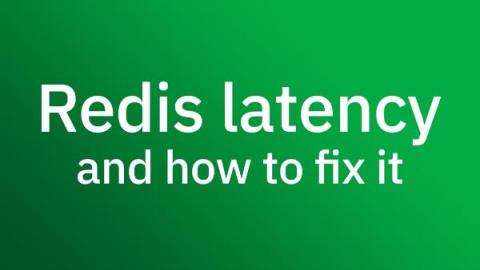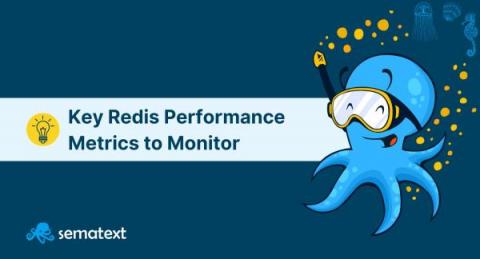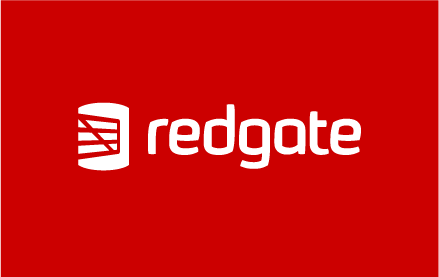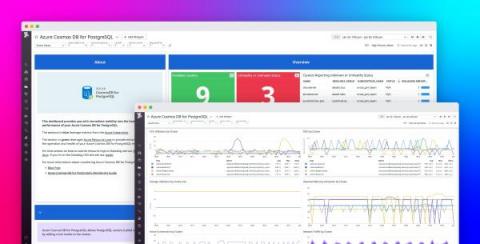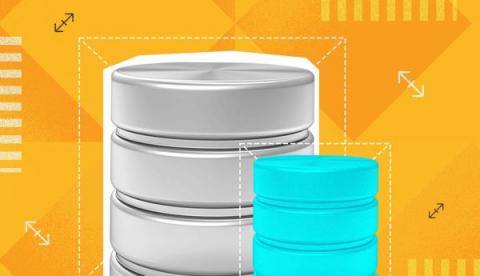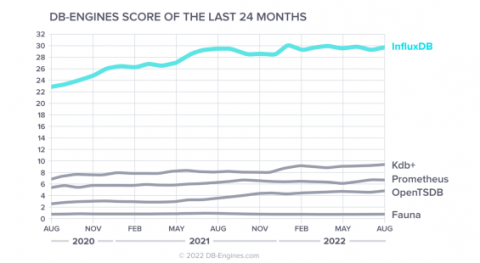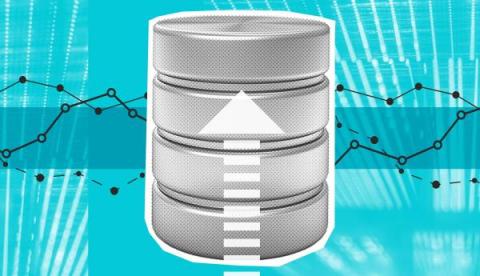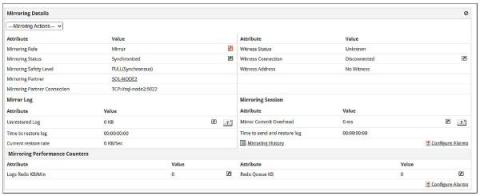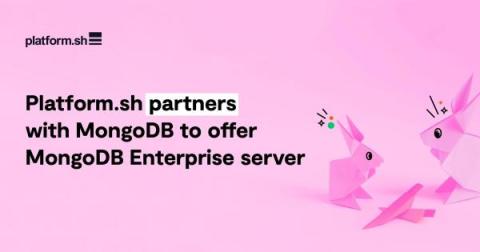7 types of Redis latency and how to fix it
Redis is designed to be fast. In most cases, it is. However, there are times when Redis may be slow, due to network issues, disk latency, or other factors. When this happens, it is important to be able to detect the slow down and investigate the cause. Latency is the maximum delay between the time a client issues a command and the time the reply to the command is received by the client. Redis has strict requirements on average and worst case latency.


